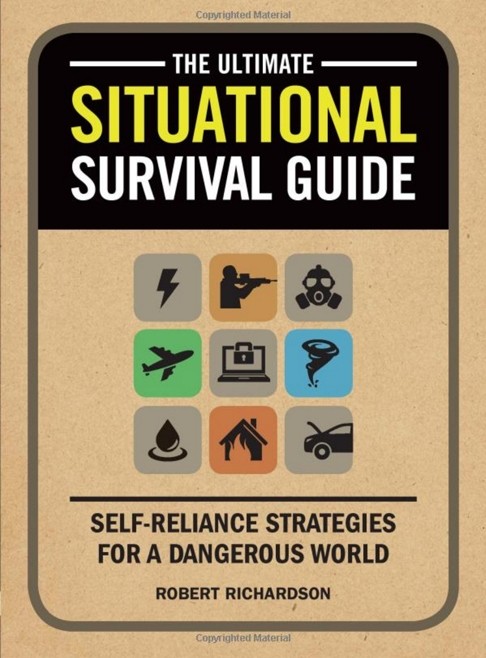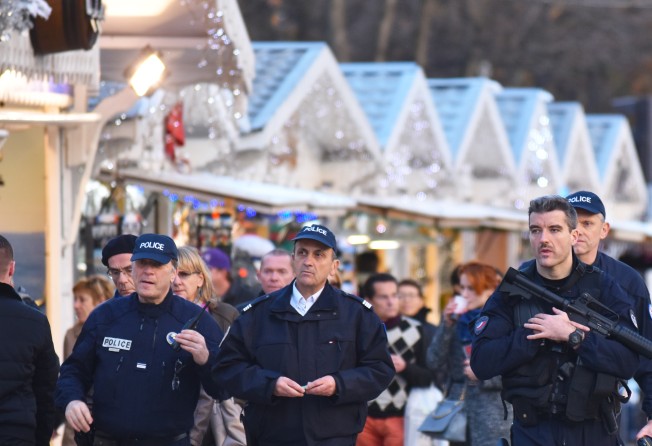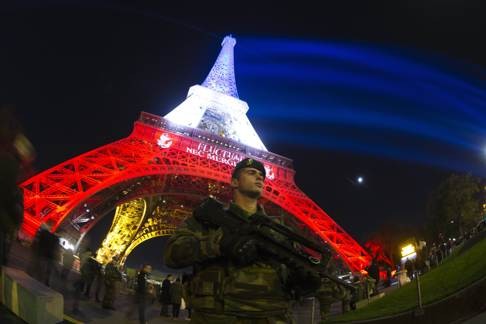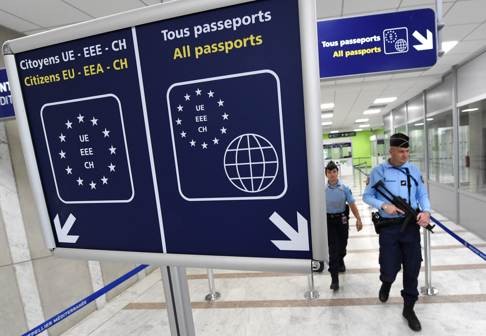
Is it safe to travel to Paris and other European cities after IS attack?
After the recent terrorist attacks and news that terrorist groups are planning new outrages, travellers are looking for safety and insurance advice

With the holiday season looming, many travellers are faced with the same questions: is it safe to travel, particularly to Europe? If I go, what should I know? If I cancel, what will I lose?
Travel may seem riskier, particularly in light of the worldwide US State Department alert issued last week, which cautioned of a “possible” risk to travellers from the Islamic State, al-Qaeda, Boko Haram and other terrorist groups. The government warned that the groups are planning terrorist attacks in multiple regions, while in November, Hong Kong urged residents to avoid non-essential travel to Paris and the Ile de France area.
“While the new terrorist attacks in Western Europe are troubling, it remains one of the safest areas in the world,” says Scott Hume, associate director for security operations at Global Rescue, a travel risk and crisis management firm. “Statistically, car accidents and illnesses are still the greatest threats to travellers – not terrorism.”

Robert Richardson, author of Ultimate Situational Survival Guide: Self-Reliance Strategies for a Dangerous World advises travellers to do their homework. “You can learn a lot about potential threats just by researching areas that you plan on travelling through,” he says. Terrorists sometimes make specific threats that they subsequently carry out, he says, “so be aware of what's being said and take it seriously.”
Travel insurance doesn't always cover terrorist attacks. Experts say you should check for a terrorism-related clause before purchasing a policy. Some allow you to cancel and receive a refund, but the incident must happen within a specified time period and close to the place you plan to visit. “Cancel-for-any-reason” policies are more expensive but guarantee that you will be refunded a percentage of the cost of your trip.

Timing is important when it comes to terrorism and insurance. A covered event has to happen after you buy the insurance. “Even though Brussels was recently under a high terror alert, no terrorist acts have occurred, so travellers with plans to visit the city are still eligible to purchase travel insurance with terrorism coverage,” says Rachael Taft, a spokeswoman for Squaremouth.com, a travel insurance site.
Of course, it's too late to buy travel that will let you cancel existing reservations on the basis of the November attacks. “However, a future attack would most likely be covered under most policies,” Taft says.
It's extremely unlikely that you're going to be injured in a terrorist attack. But knowing the resources at your disposal in the worst-case scenario can give peace of mind before your trip.
Travel insurance should take care of any medical expenses, according to J.C. Lightcap, who runs the website Travel-Safer.com. Most travel insurance policies “should cover you for medical and evacuation expenses in the event of a terrorist attack,” he says. “Some will even fly out a spouse or significant other if you'll be hospitalised for a week or more.”
More danger requires better planning. That would include identifying a safe haven outside your hotel. “A safe haven is any place where you know you can go to be safe, like a restaurant,” says Spencer Coursen, a security adviser and private protective strategist. Restaurants usually have land lines, too, so you can make phone calls if cellular service is disrupted. Decide with members of your party on a place to meet if there's an incident that separates you. Keep the number of your embassy’s 24-hour hotline on your phone.

Airline policies can vary in the wake of an attack.While some waived some change fees for flights to France for a limited time, there's no assurance that they will waive change fees for a future attack.
“The statistical probability of your getting caught in a terrorist attack while travelling abroad is minuscule,” said Ronald St. John, the co-founder of Sitata, a travel safety website. “If you're simply uncomfortable travelling, remember that it's your holiday, and you need to do what makes you happy.”
Washington Post
Elliott is a consumer advocate, journalist and co-founder of the advocacy group Travelers United